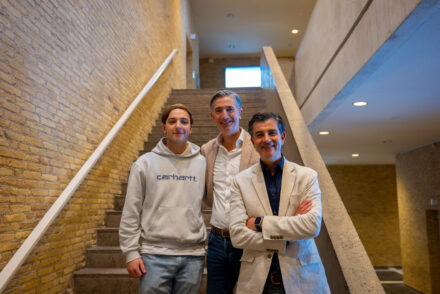Diederik Stapel: what’s all the fuss about?
Even if you’ve just arrived at Tilburg University, you’ve probably heard of him: former professor Diederik Stapel. Wondering who he is and why everybody is talking about him? Here’s a brief history of a fraud affair that shocked the academic world to its core.
Diederik Stapel was a prominent social psychologist at Tilburg University before falling from grace in 2011. A year earlier, he had become dean of the university’s School of Social and Behavioral Sciences. His well-regarded studies were widely publicized and he was considered to be among the world’s leading researchers in his field.
All of that changed when it emerged that Stapel had been falsifying his data for years. A committee led by professor Pim Levelt investigated the scientific fraud allegations, and uncovered that Stapel wrote at least 30 papers using faked data.
The university fired him and announced his fraud in a news conference. Stapel’s deceit made headlines for months, both in the Netherlands and abroad. In a lengthy article, the New York Times wrote that “Stapel went from being a respected professor to perhaps the biggest con man in academic science” overnight.
Further investigation revealed that the extent of Stapel’s fraud was even greater than suspected. His publications were retracted and his doctorate was revoked. Several PhD dissertations written by his students were also retracted.
Stapel apologized, saying that he had failed as a researcher and a professor for having wanted “too much too fast”. Shortly after his downfall, it was reported that Stapel suffered from severe mental distress.
Recently, Diederik Stapel made headlines again when he had found a new job at vocational university NHTV Breda, where he would advise lecturers on research and grant applications. Earlier, Stapel had quit his academic job at Fontys out of protest against the firing of his friend Anton Dautzenberg. Stapel’s third chance also turned out to be short-lived. Only a week later, the board of NHTV Breda came back on its decision to appoint the academic fraudster, due to “a lack of trust”.







